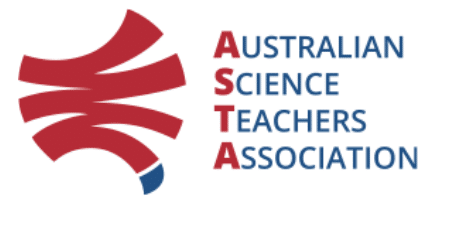
ASTA position paper: Inquiry vs explicit teaching misrepresentation
This position paper addresses the misrepresentation of inquiry-based and explicit teaching as opposing approaches in science education.
Read the introduction below, and download the full PDF for more insights into ASTA’s perspective:
The current narrative around teaching strategies is overly simplistic and often inaccurate. The term ‘explicit teaching’ is frequently being presented as if it denotes a single, correct way of teaching. Explicit teaching is not a monolithic, transmissive approach, nor is it a rejection of all other teaching methods. Misrepresenting it as such risks narrowing educational practice and undermining both teacher expertise and student learning outcomes. By framing explicit teaching as a mandatory, one-size-fits-all solution, current discourse undermines teachers’ professional expertise and their ability to select and adapt methods to suit different learners and contexts. This narrows the pedagogical conversation and could lead to the mistaken belief that only explicit teaching is effective, sidelining inquiry-based and student-centred approaches that are a valuable part of a teachers’ toolkit.
The Australian Science Teachers Association (ASTA) rejects the idea of a binary debate but fully endorses that science teachers use a broad range of strategies so that students are actively engaged in constructing their learning. Science education research supports a range of strategies depending on the knowledge outcomes being sought (Brown, 2024). How you teach for foundational concepts requires different strategies than teaching for higher order thinking in science.
Conversations with our members indicate that there is confusion in schools around the directive for explicit teaching, with many interpreting it as a return to transmissive, teacher-centred learning. This poses a significant risk to the breadth of science learning opportunities and may compromise learning experiences, leading to declines in achievement. This misunderstanding poses a significant risk to the quality and diversity of science learning experiences, potentially undermining student engagement and leading to a decline in Australia’s science achievement.

